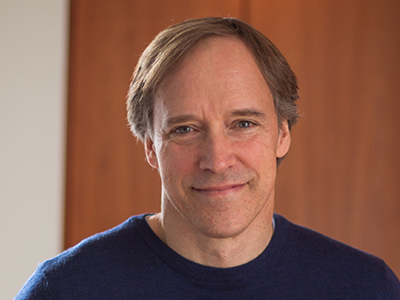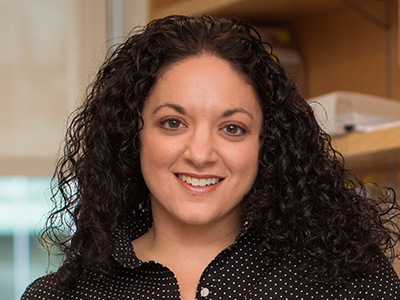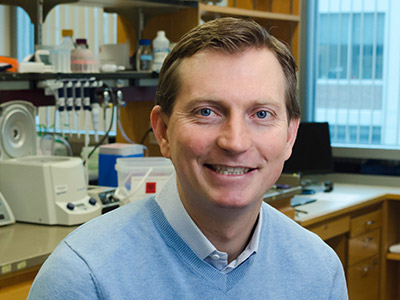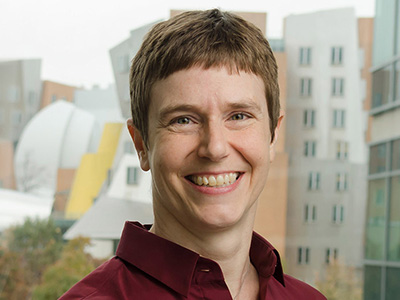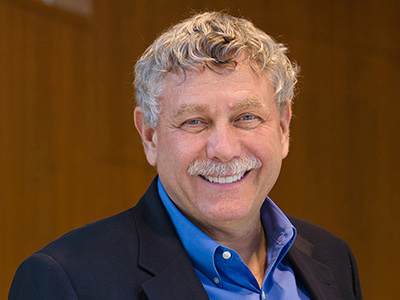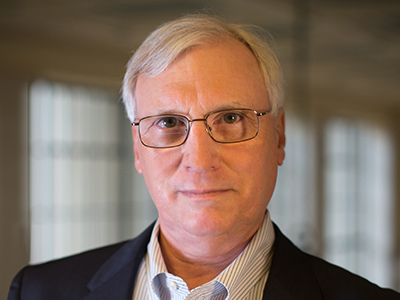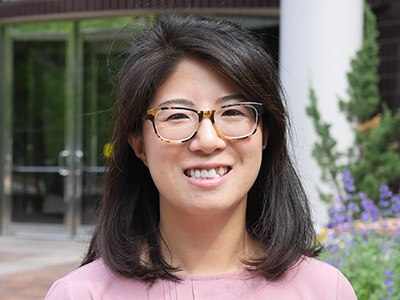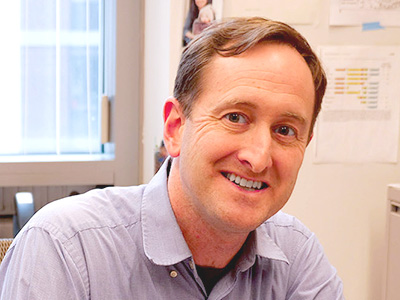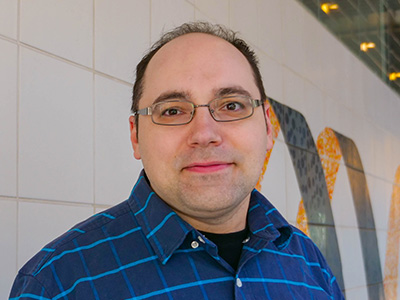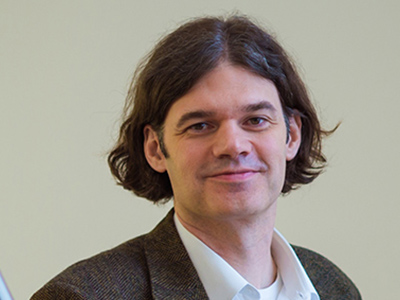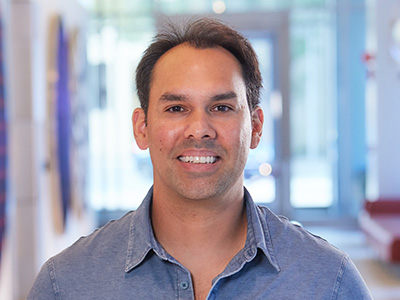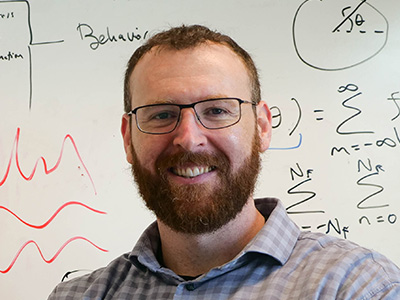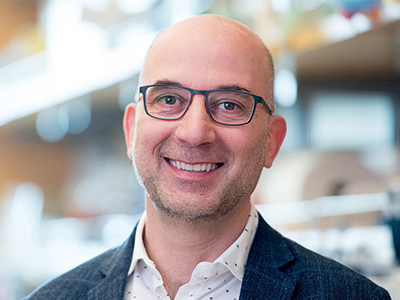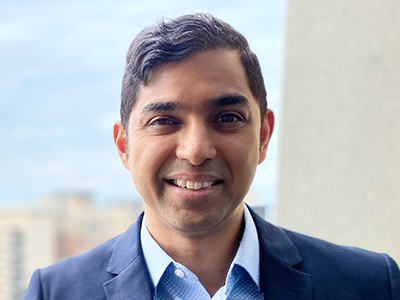David Bartel studies molecular pathways that regulate eukaryotic gene expression by affecting the stability or translation of mRNAs.
Christopher Burge applies a combination of experimental and computational approaches to understand the regulatory codes underlying pre-mRNA splicing and other types of post-transcriptional gene regulation.
Olivia Corradin investigates the genetic and epigenetic changes in gene regulatory elements that influence human disease.
Joseph Davis develops and applies new structural (cryoEM/ET) and biochemical methods to dissect how macromolecular machines such as ribosomes and autophagy complexes are dynamically assembled, regulated, and degraded to maintain cellular homeostasis.
Yunha Hwang combines machine learning and experimentation to study the biochemistry, ecology and evolution of microbial systems.
Matthew Jones integrates computational and technological advances to decode the molecular processes underlying spatiotemporal tumor evolution, with a focus on genomic instability and extrachromosomal DNA.
Amy E. Keating
Department Head
Amy E. Keating determines how proteins make specific interactions with one another and designs new, synthetic protein-protein interactions.
Eric S. Lander is interested in every aspect of the human genome and its application to medicine.
Douglas Lauffenburger fosters the interface of bioengineering, quantitative cell biology, and systems biology to determine fundamental aspects of cell dysregulation — identifying and testing new therapeutic ideas.
Gene-Wei Li
Associate Dept. Head
Gene-Wei Li investigates how quantitative information regarding precise proteome composition is encoded in and extracted from bacterial genomes.
Pulin Li is interested in quantitatively understanding how genetic circuits create multicellular behavior in both natural and synthetically engineered systems.
Adam C. Martin
Co-Undergrad Officer
Adam C. Martin studies molecular mechanisms that underlie tissue form and function.
Sergey Ovchinnikov studies protein structure and evolution at environmental, organismal, genomic, structural, and molecular scales.
David C. Page examines the genetic differences between males and females — and how these play out in disease, development, and evolution.
Peter Reddien works to unravel one of the greatest mysteries in biology — how organisms regenerate missing body parts.
Francisco J. Sánchez-Rivera aims to understand how genetic variation shapes normal physiology and disease, with a focus on cancer.
Brady Weissbourd uses jellyfish to study nervous system evolution, development, regeneration, and function.
Jonathan Weissman investigates how proteins fold into their correct shape and how misfolding impacts disease and normal physiology, while building innovative tools for exploring the organizational principles of biological systems.
Harikesh S. Wong studies how cells assemble and communicate to control immune responses in tissues.
Michael B. Yaffe studies the chain of reactions that controls a cell’s response to stress, cell injury, and DNA damage.

